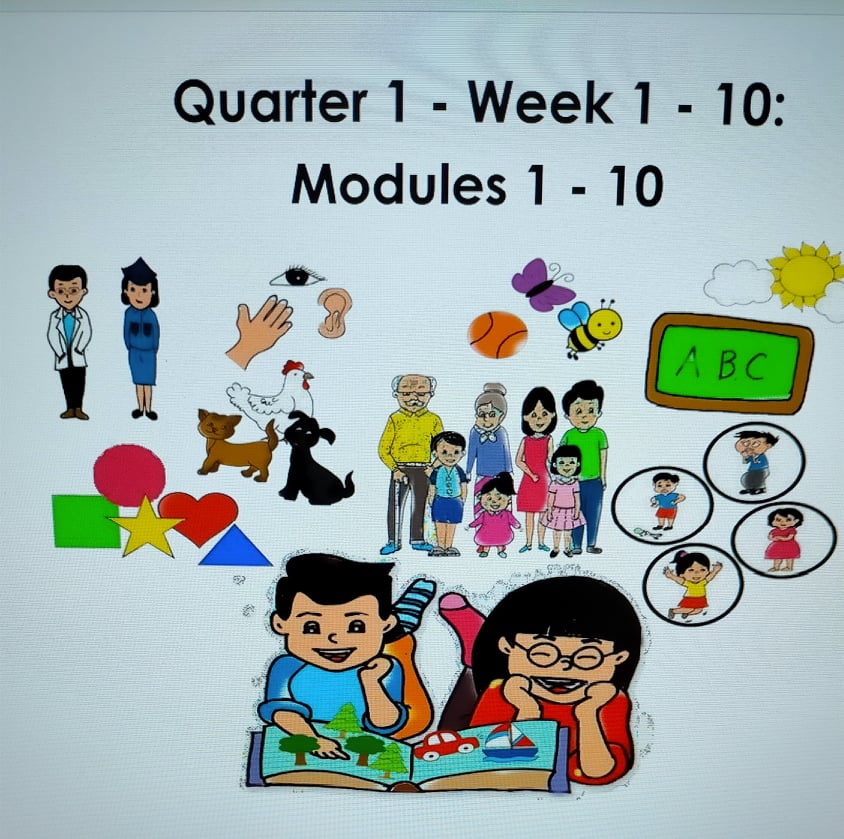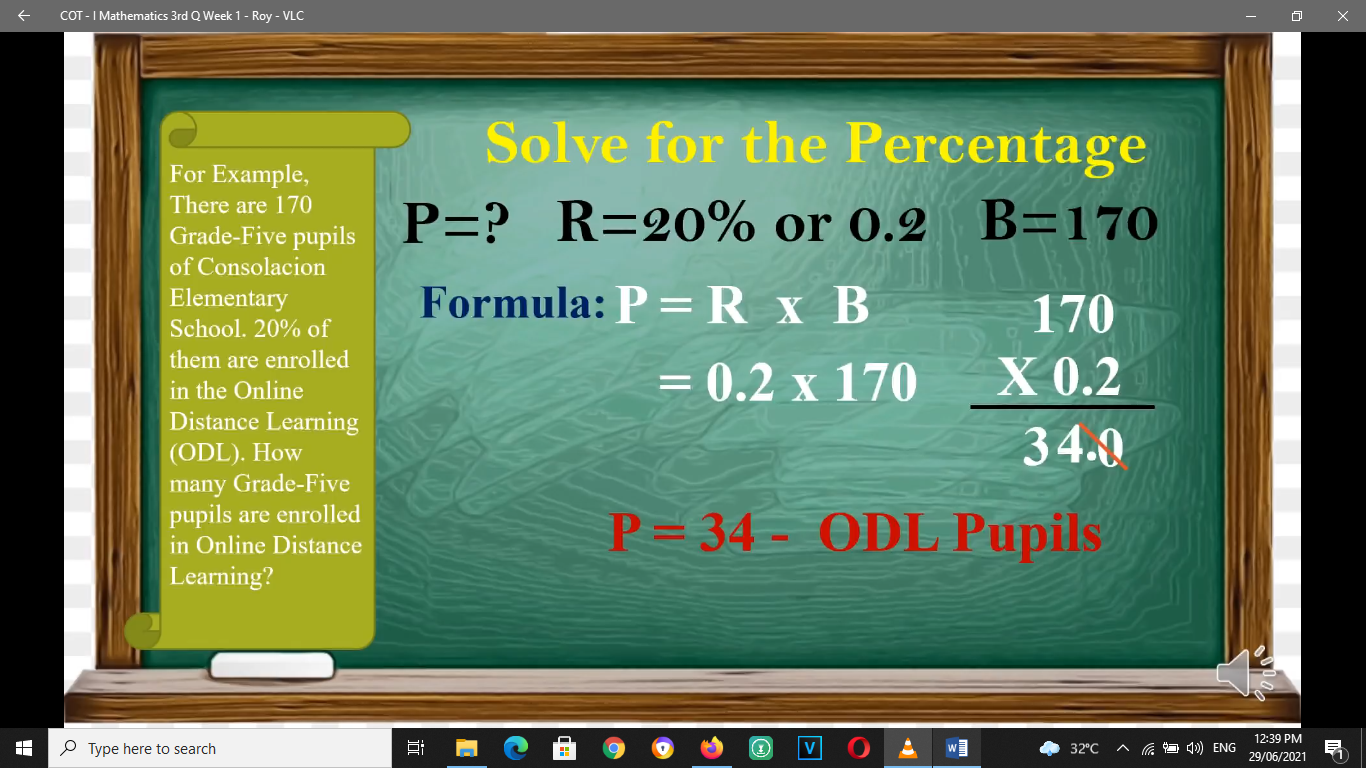
PRACTICAL RESEARCH 2 FOR GRADE 12 SHS
This module will help you understand the nature of quantitative research. This will answer your preliminary questions i.e. how do we gather data through this approach, it is this similar or different with qualitative research you took in Grade 11, how do we deal respondents, what kind of data are we dealing with and how do we analyze the gathered data. In learning the nature of this approach, it will also help you understand its role in our society and how it has become the commonly used approach in research undertakings.
The module includes a sample quantitative research conducted by student researchers. This will give you a glimpse of arrangement of its components, gathering and analysis of data, and how key findings are presented. Furthermore, the module aligns with your field of interest.
Learning Competency: Describes characteristics, strengths, weakness and kinds of quantitative research CS_RS12-Ia-c-1 After going through this module, you are expected to:
1. Describe the characteristics of quantitative research;
2. Identify strengths and weaknesses of quantitative research;
3. Compare qualitative and quantitative research through reading research abstracts; and
4. Appreciate the role of quantitative research in your chosen career path.

Introduction to World Religions and Belief Systems
The course explores the main tenets and practices of major world religions: Judaism, Christianity, Islam, Hinduism, Theravada Buddhism, Mahayana
Buddhism, Confucianism, Taoism and Shintoism. It aims to help learners understand the historical contexts of nine religions, appreciate their uniqueness and similarities and
promote mutual understanding among believers of different faiths. They are expected to demonstrate understanding and appreciation of one’s faith and that of others.

Personal Development
Core Subject Description:
This course makes senior high school students aware of the developmental stage that they are in, for them to better understand themselves and the significant people
around them as they make important career decisions as adolescents. The course consists of modules, each of which addresses a key concern in personal development.
Using the experiential learning approach, each module invites students to explore specific themes in their development. Personal reflections, sharing, and lectures help
reveal and articulate relevant concepts, theories, and tools in different areas in psychology.








